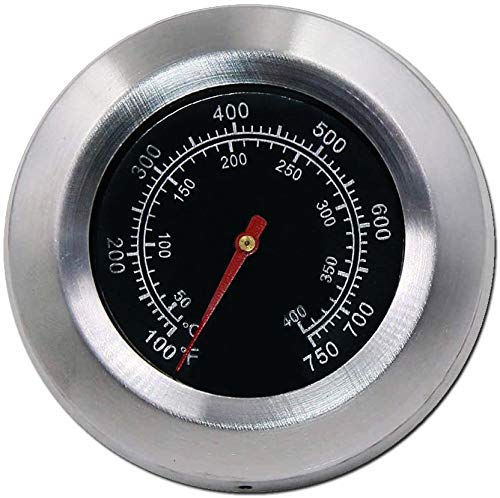The Temperature of Change
As summer fades into autumn, communities across Canada are witnessing a palpable shift in temperature that brings more than just a change in wardrobe. The rise and fall of degrees affect not only the environment but also our health, economy, and social fabric. With recent studies indicating an increase in extreme temperature fluctuations, Canadians are forced to reconsider how weather influences our everyday lives.
A Personal Perspective
For many, a temperature change signifies more than just discomfort—it can affect general well-being and mental health. “When it gets too hot, my patients report increased anxiety and mood swings. The physical discomfort often morphs into emotional distress,” says Dr. Emily Chan, a psychiatrist specializing in climate-related health concerns.
Dr. Chan’s observations resonate with recent statistics from Statistics Canada, which revealed that nearly 30% of Canadians identify weather-related mood fluctuations as a significant part of their daily life. As rising temperatures lead to longer summers, people are experiencing increased irritability and lethargy during the hottest months.
Community Responses to Fluctuating Thermometers
In response to this growing concern, communities are tactically modifying outdoor environments. In cities like Toronto and Vancouver, local councils have begun to invest in green spaces, shaded parks, and community cooling centers that serve as havens during extreme heat events.
Social media, too, has become a platform for community engagement. Many Canadians have taken to Twitter to share their own experiences of extreme weather and its impact on their mental health. A recent trending hashtag, #HeatwaveBlues, highlights stories of individuals struggling with sleepless nights and deteriorating focus as temperatures soar.
The Economic Factors
The rising temperatures also carry economic implications. Businesses that rely on outdoor activities, like landscaping and tourism, are beginning to feel the effects of unpredictability in temperature. A survey conducted by the Canadian Federation of Independent Business found that 45% of outdoor leisure businesses experienced a significant downturn during unexpected weather conditions last summer.
What Lies Ahead?
As scientists predict that these fluctuations will become more pronounced, Canadians must brace for health and economic impacts that go beyond the causal relationship we have traditionally perceived. Adaptation strategies will be crucial in ensuring that current and future generations not only survive but thrive amidst the temperature upheaval.
In the words of environmental activist Linda Gaudet, “It’s not just about coping; it’s about building resilience. Our communities must come together to adapt to what undoubtedly will be a hotter, less stable future.” With minds like hers at work, there remains hope that through collective action, we can navigate the challenges posed by rising temperatures.

